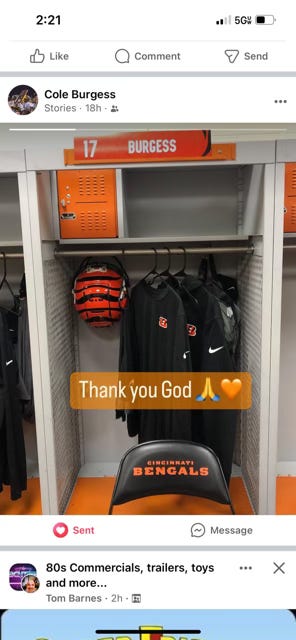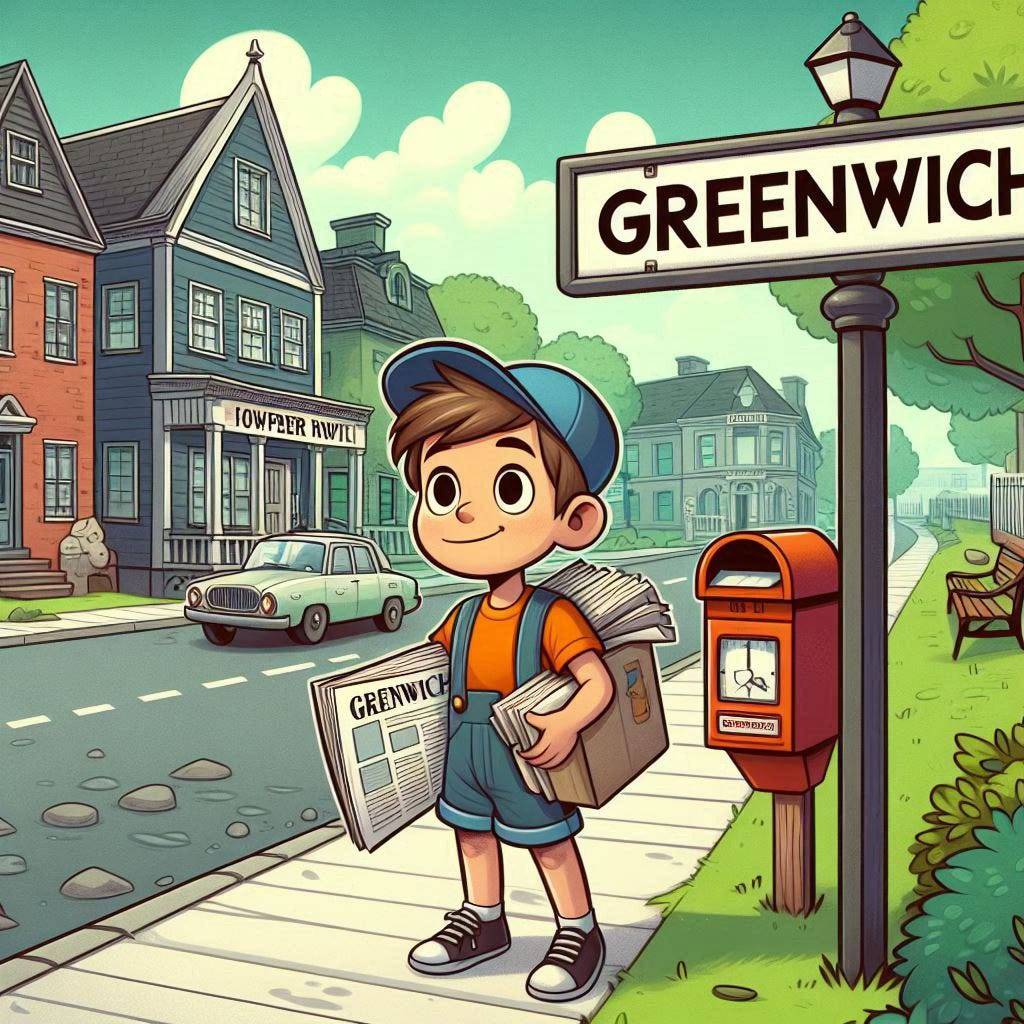By Darren Johnson
Journal & Press
The last print edition of the Journal & Press was 48 pages. I know we use a smaller paper size than other types of papers, but 48 pages is still a lot in this day and age.
I’ve been trying to pull together a vacation so have been in a bit of a rush to get out this next issue. It’s looking like it will just be 32 pages, which is our typical size. This is how people in the newspaper business take a vacation; they still put out a product — and in this case, it’s still worth the $2 cover price — but it’s maybe scaled back a little bit.
Even when I was a kid and had a paper route, I’d have to just find some other kid to do my route if I were not going to be in town. The presses can’t stop. Or, once they do, they permanently stop…
I wonder if local kids would deliver The Journal & Press. Say we went full weekly. Maybe the kids can collect 75 cents per; if they have a route with 100 people, that’s $75 a week.
There are only three jobs where a 12 year old can legally work in this state — farms (we have lots of those), entertainment (move to New York City for that) and newspaper delivery.
Every paper has stopped using children as delivery people, for a variety of reasons. But villages like Greenwich are pretty compact. Hitting 100 houses is probably doable for a kid with a wagon, or a sled on a snowy day.
An added bonus is, you get A LOT of tips at Christmas time!
Advice for local businesses
We tell people to shop local. But the larger question is — what is a local business?
Is it merely any brick and mortar, even if it’s just a chain store location?
I’d say, no, that’s not a local business, even though it may employ some local people. While those people are indeed paid money and thereby can pay rent here, the business’s profits don’t really stay here.
Say the business that has a location in our town is a mom-and-pop but mom and pop don’t actually live in town. I’d say, depends.
I’ve taken an interest in how small businesses operate — one could say a newspaper is a business of sorts — and sometimes I teach in college business departments, so have been exposed to lots of case studies and entrepreneurial ideas.
I also delve into the Journal & Press archives all of the time and get to see the big picture timeline of the types of businesses that have succeeded here.
Here is what a small business owner should do locally, if they hope for their business to become a beloved institution.
I jotted these bullet points down while driving bundles of papers from Cambridge to Salem the other day:
Have a generosity of spirit and an air of nonjudgment; accept people at face value until wronged.
Respect multi-generational locals; they understand the real language of a town more than a transplant ever could.
But also welcome the stranger; if people from outside the area can’t feel comfortable in a place, maybe even excited about going there, it will never grow. In fact, it will start to fade away.
Understand transplants; these are people who choose to live in an area, as opposed to having being born there. They may seem pushy or too fast-moving, but they also are usually the ones investing in improving a local community; for example, by renovating once-shuttered buildings and giving them new life. They can offer hope.
Give back — the businesses that don’t support local community groups never last long. Local shoppers pay attention to that — is your business’s name on sponsorship signs for local sports teams, pantry fundraisers, civic events?
Marketing — if your business doesn’t market, it doesn’t exist. Not in the minds of the public. Ten percent of your budget should go toward paid marketing. And, no, just posting to Facebook is not marketing. It may feel like marketing because you get likes and follows, but how many local startups had fawning social media attention only to shutter a year later? (If you’d like to buy an affordable ad — click here.)
To that end, be cool on social media. Try to be above it all. Act professional. Don’t get mixed up in all of the negativity in local Facebook groups.
Embrace criticism — if things aren’t going your way, realize you may be wrong about something and address it. Pearl clutching gets you nowhere.
Respect local history and have a sense of place. Where does your business fit in to the bigger picture? What businesses existed before you that may have been similar? What legacy is your business creating? Think about the aforementioned newspaper archives — how will your business’s presence be seen by people reading these archives decades from now?
Don’t appear greedy. People will notice if your business is a money-grab and shun it. You don’t want that reputation.
But also don’t appear desperate. Price accordingly so that you can survive longterm.
Be vulnerable when you need to be. It’s OK to post about your trials and travails as a business owner. People want to take that journey with you.
But it’s not about you — opening a business is about serving a local need. Always make that your mission. Sure, you can insert your personality into the process, but ultimately, if people don’t need your widgets, you’ll fail.
And, finally, and maybe most importantly, be a hard worker. People respect that. You can make the best widgets in the world, but if you’re closed three days a week, and your hours on the days you are there are a bit soft, those customers who wanted to care about your business will take your cue and stop bothering.
A lot of times when businesses fail, the owner blames the community for not supporting them. And, yes, we all should do a better job at supporting truly local businesses — but a business owner also needs to look within. Did you really give it your best effort? Follow the tips above to improve your odds — and thank you for helping keep our Main Streets alive!
Some random photos and screenshots that are on my phone…



Go to UnionVillageFest.org to support this truly local event. The Journal & Press is a proud sponsor.
And that’s our newsletter for today. Have a great one! Maybe consider becoming a paid subscriber. It is a nice newsletter, right?









